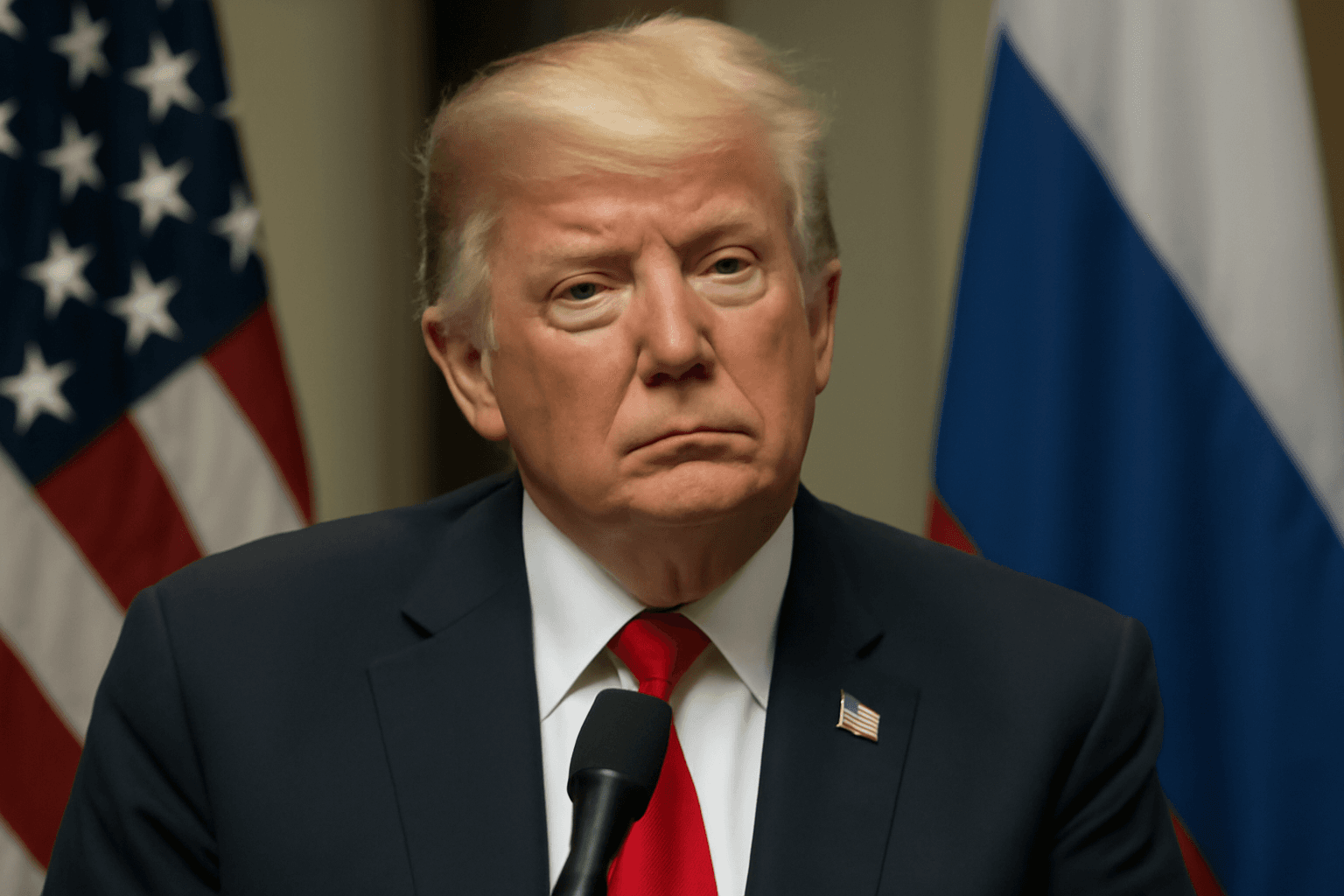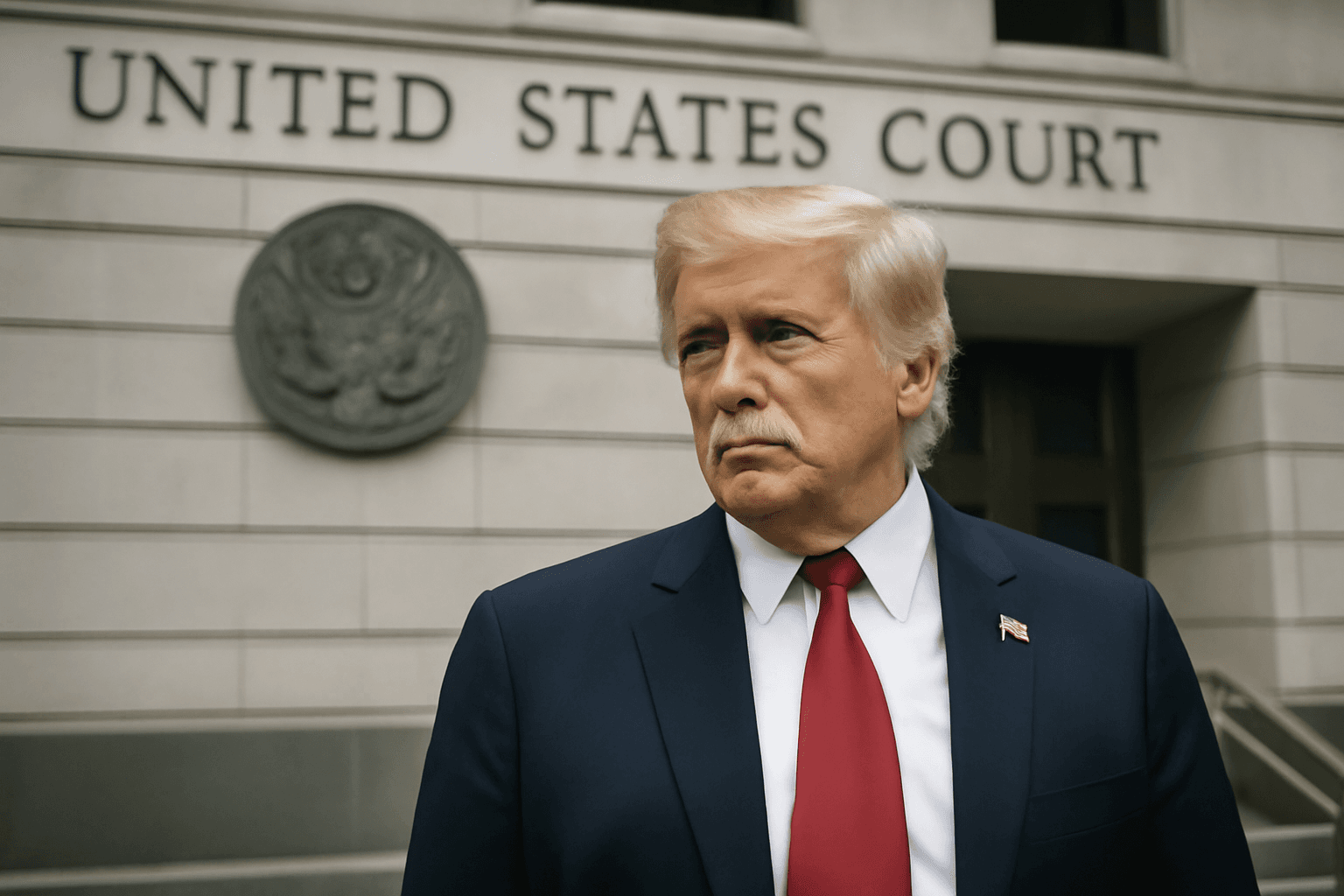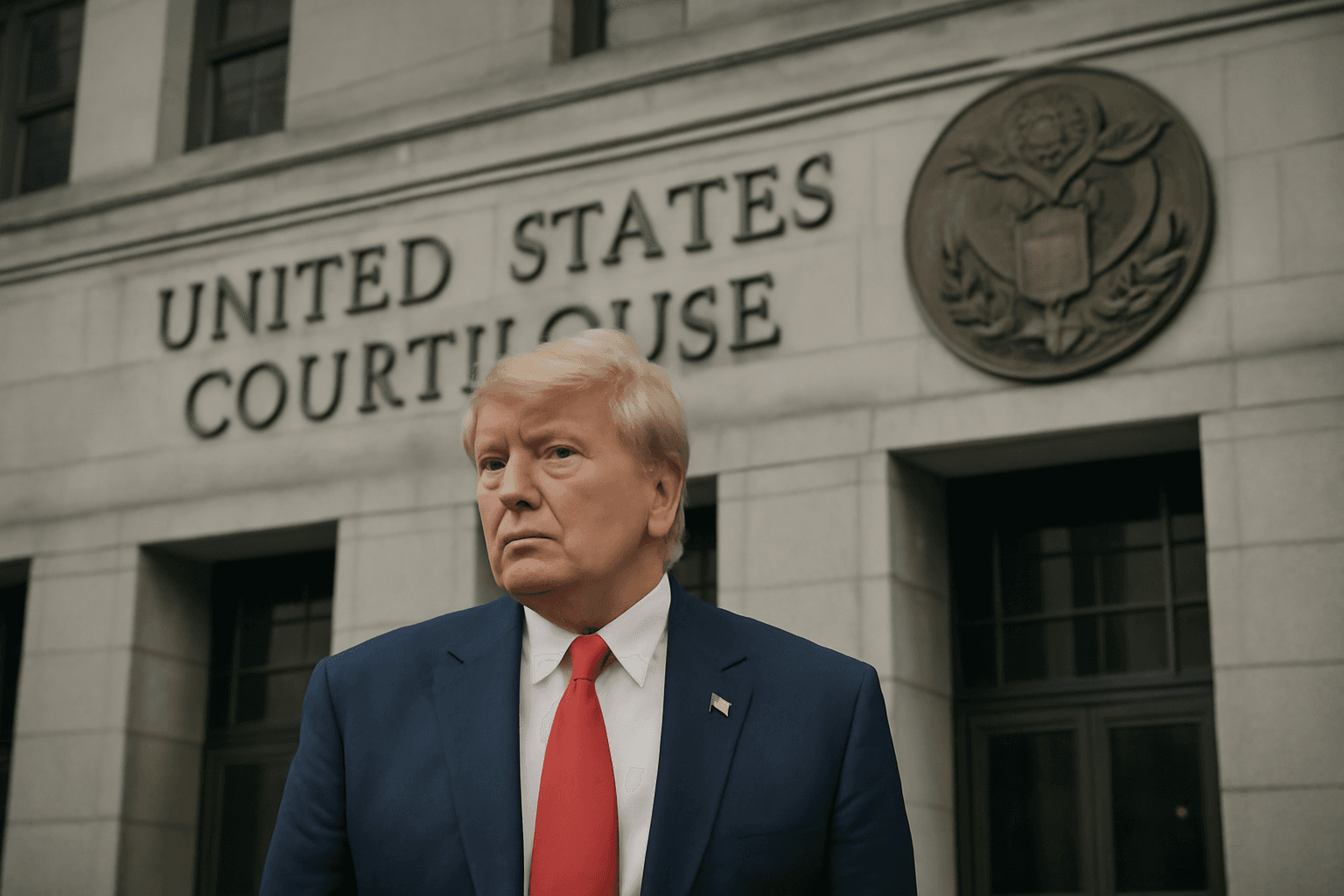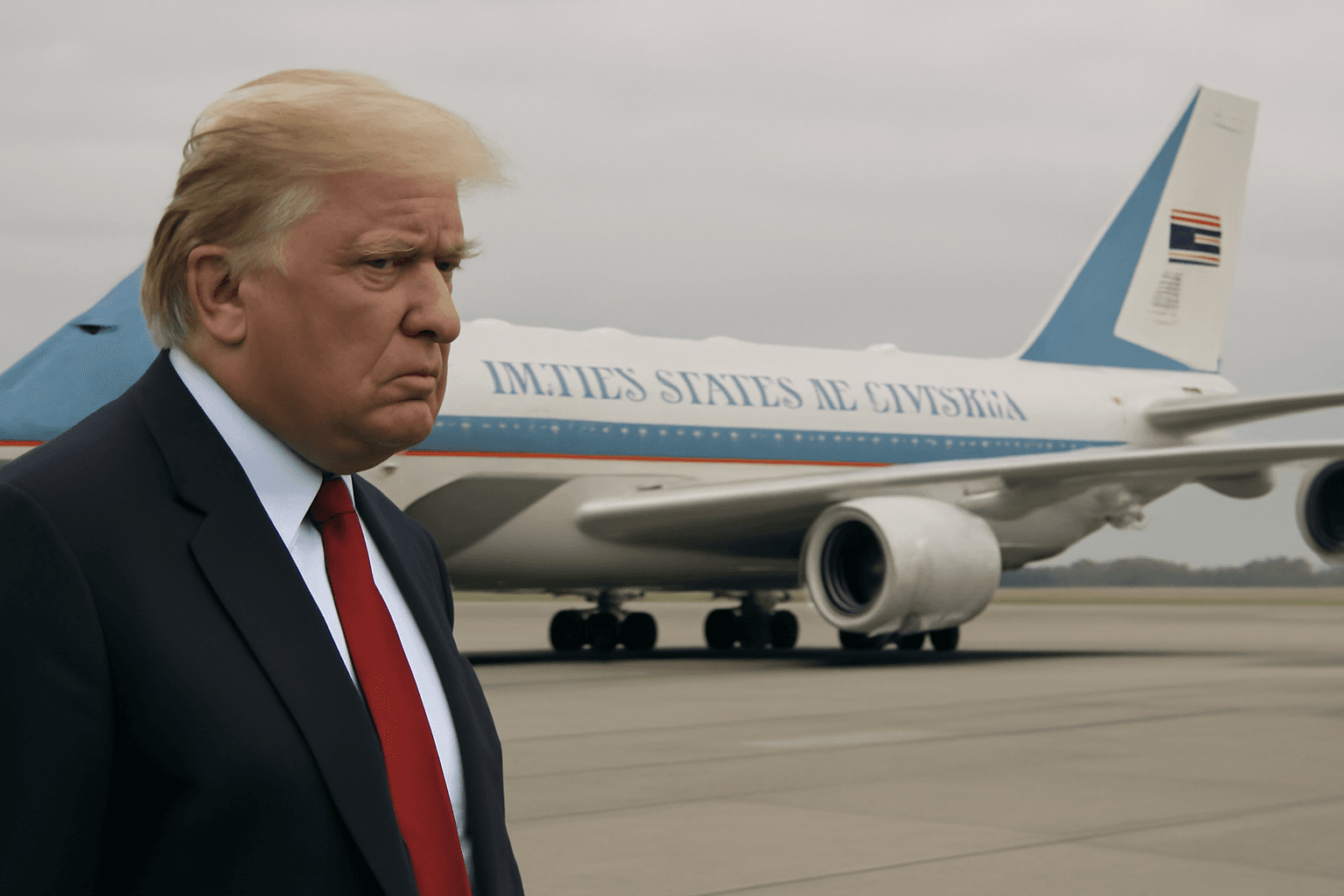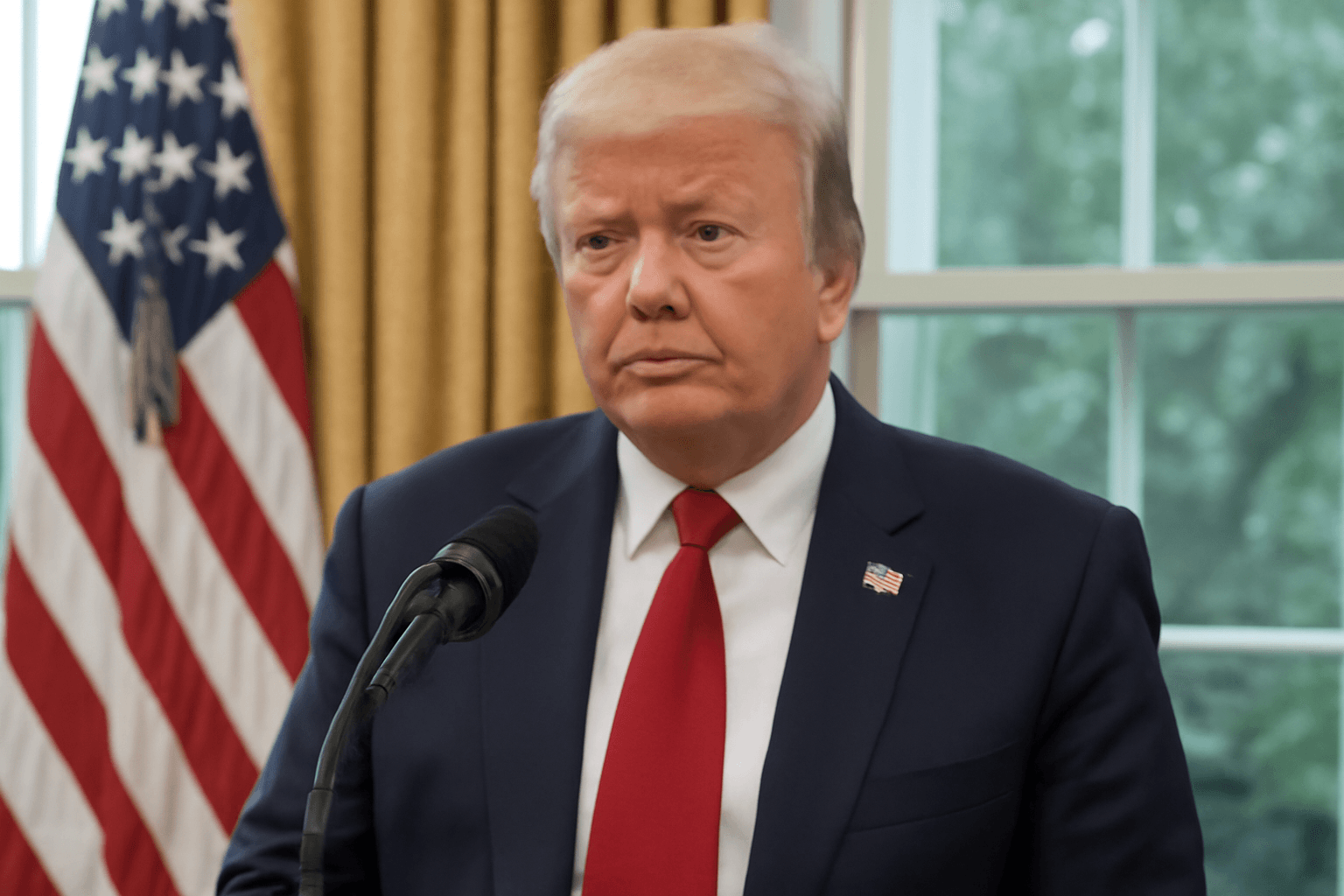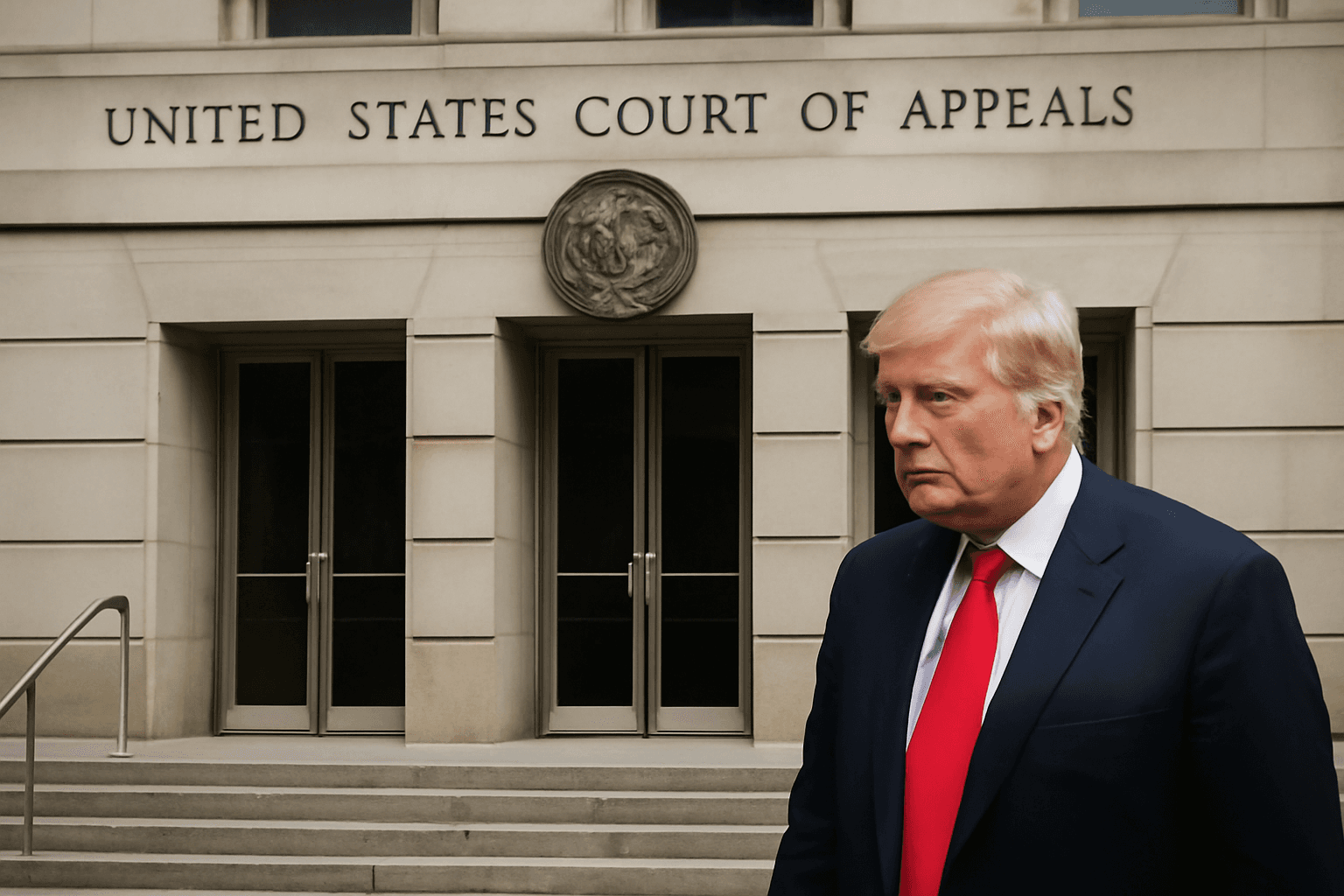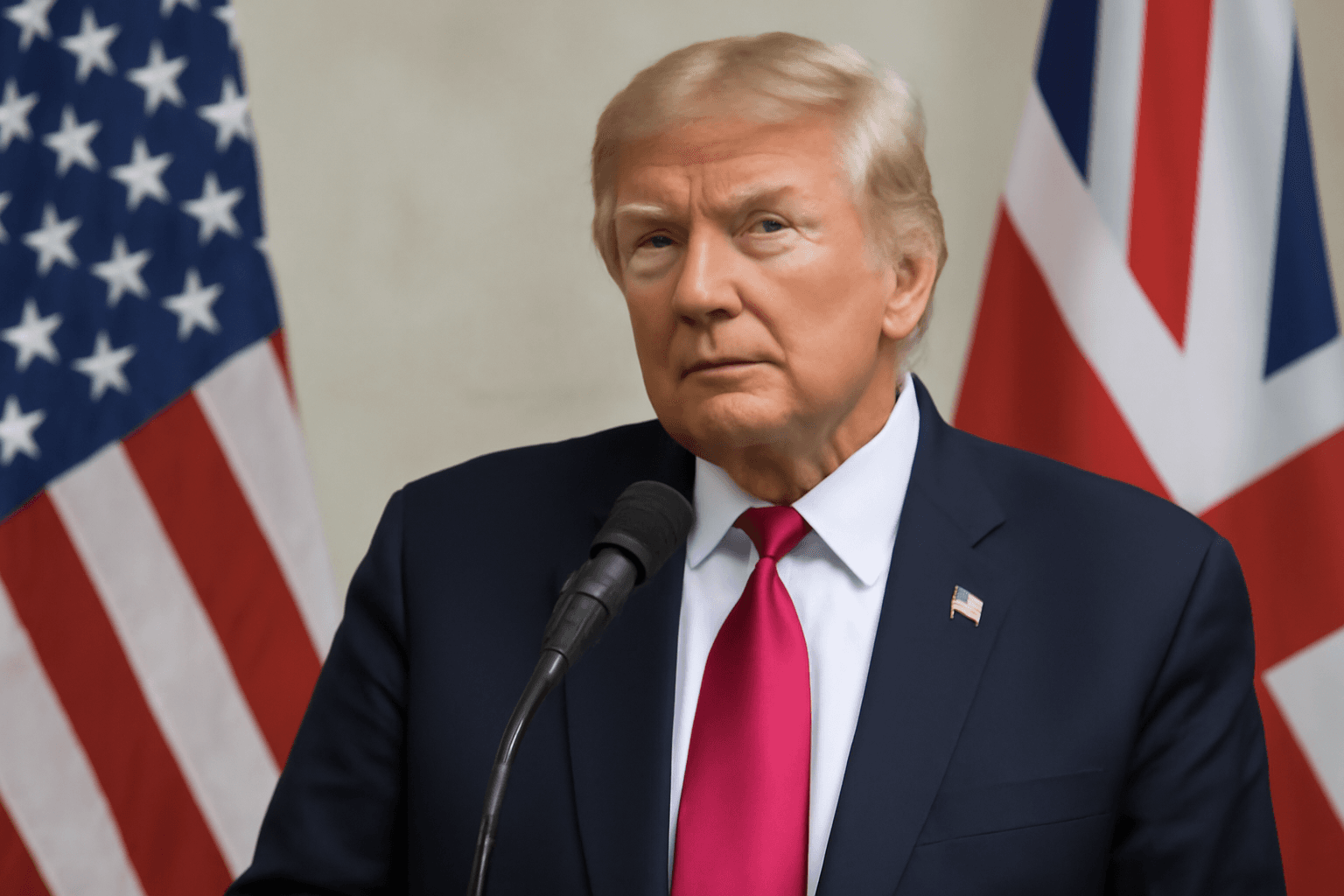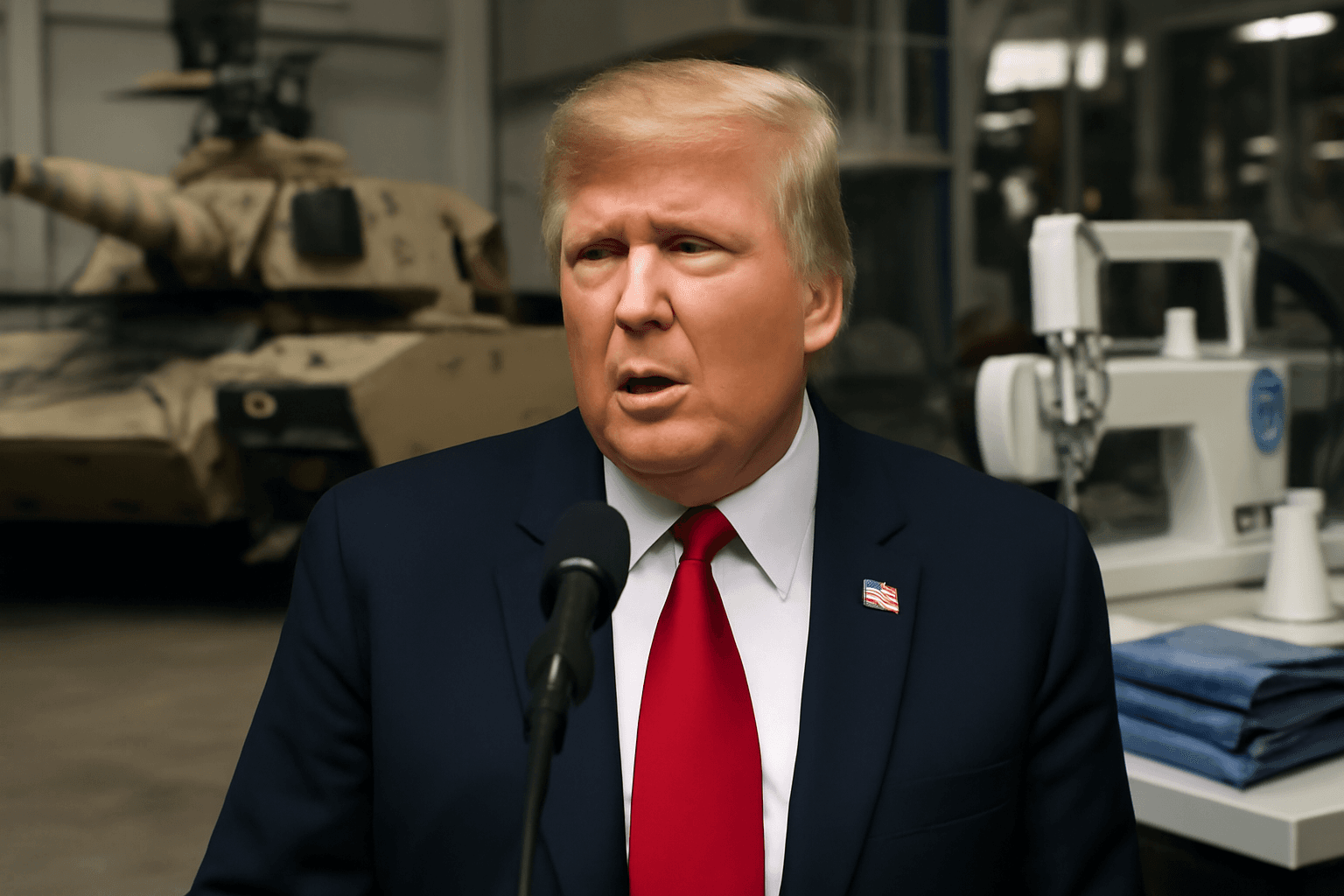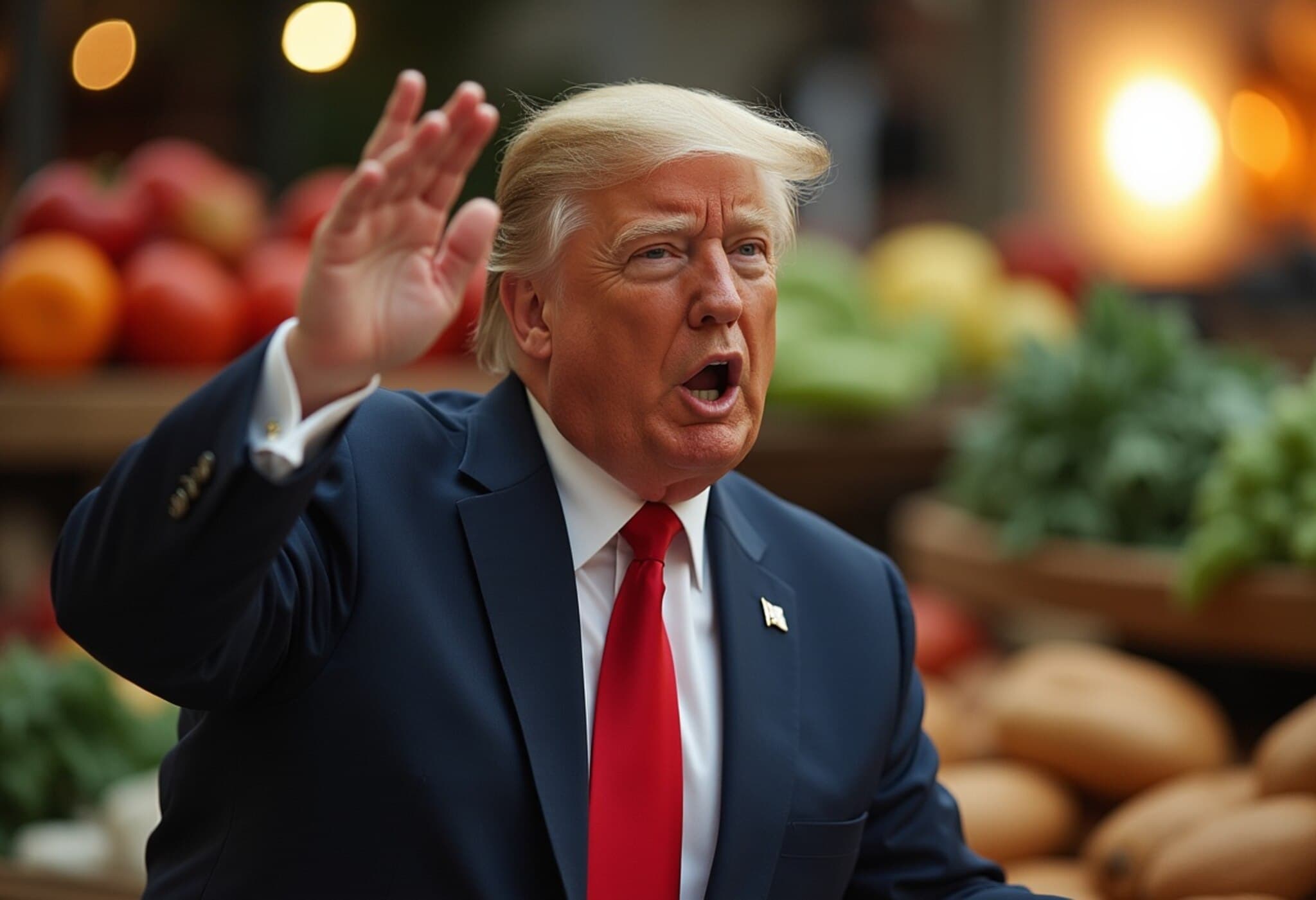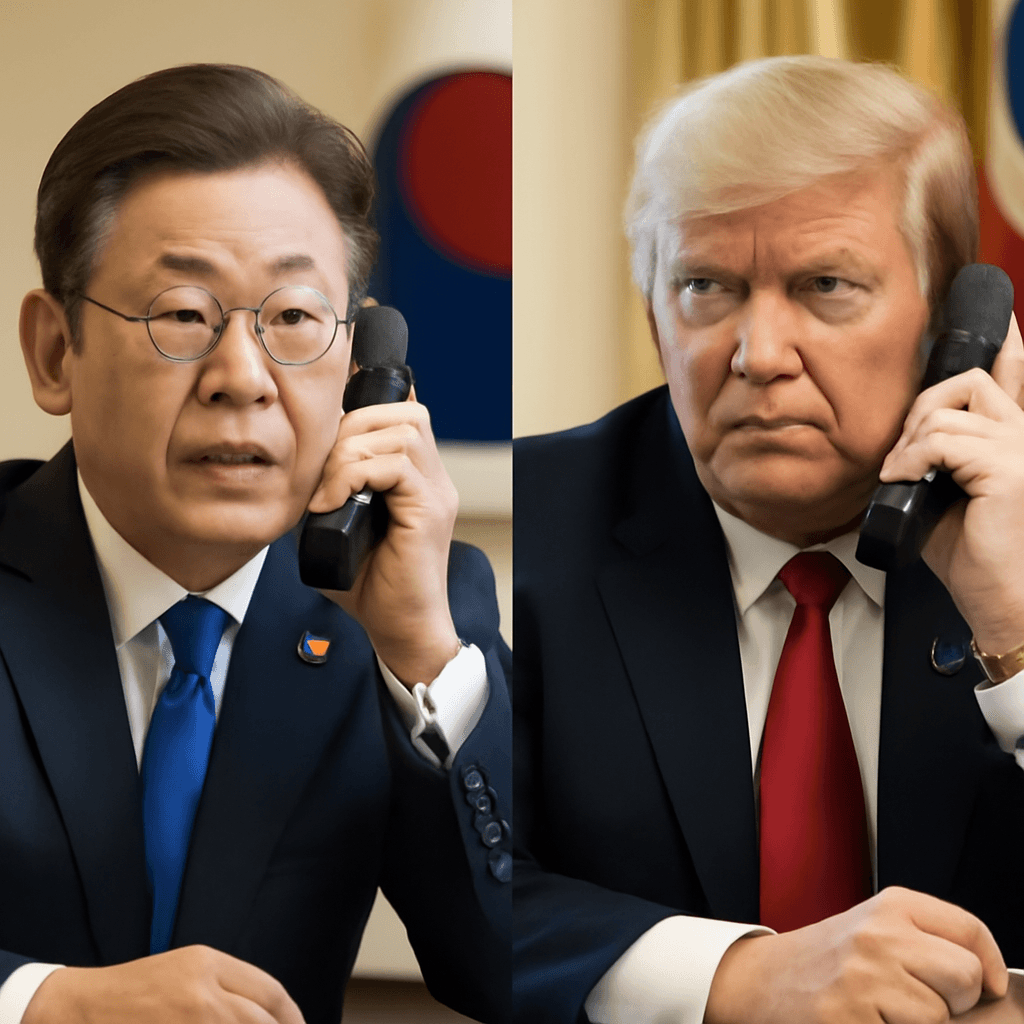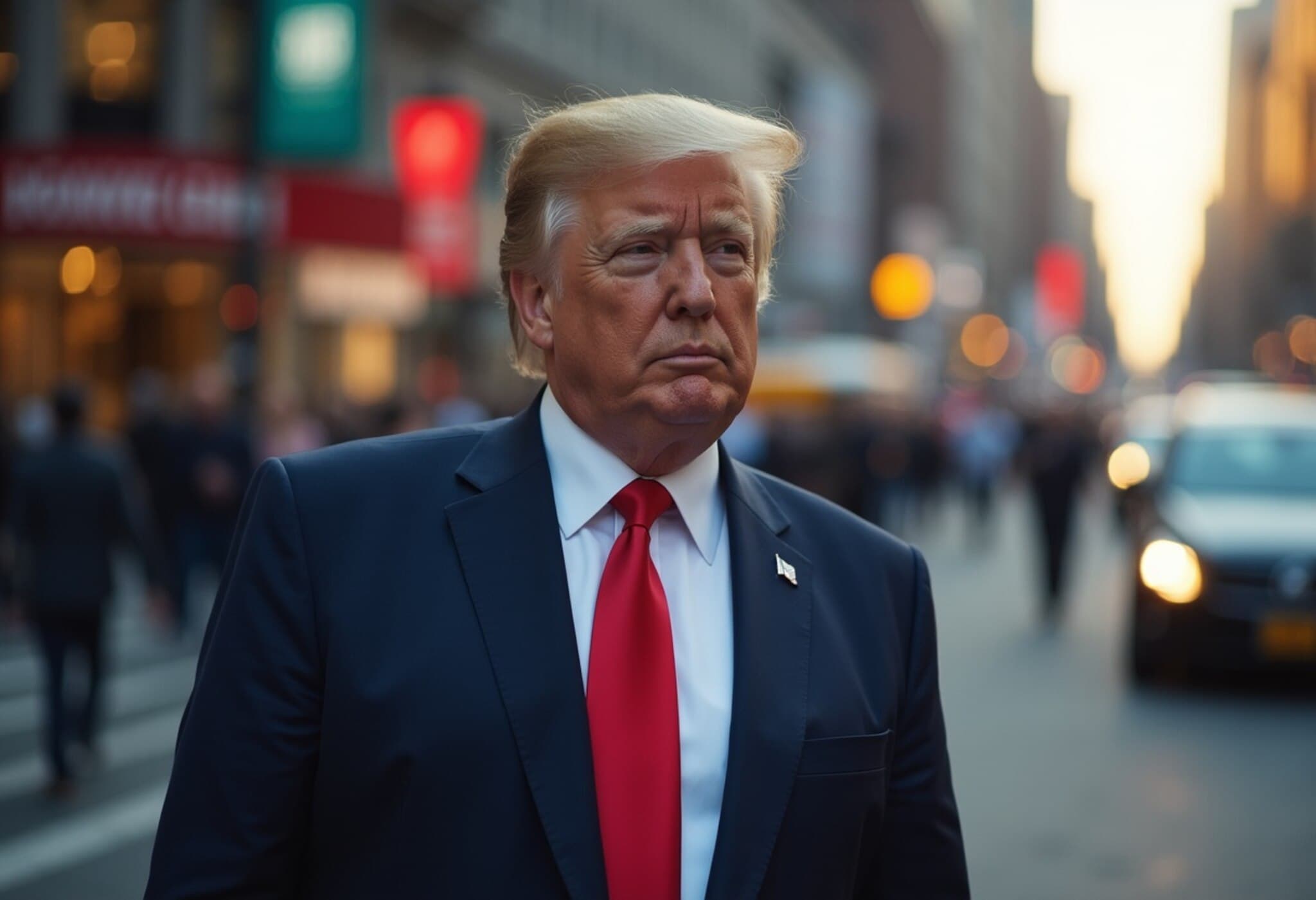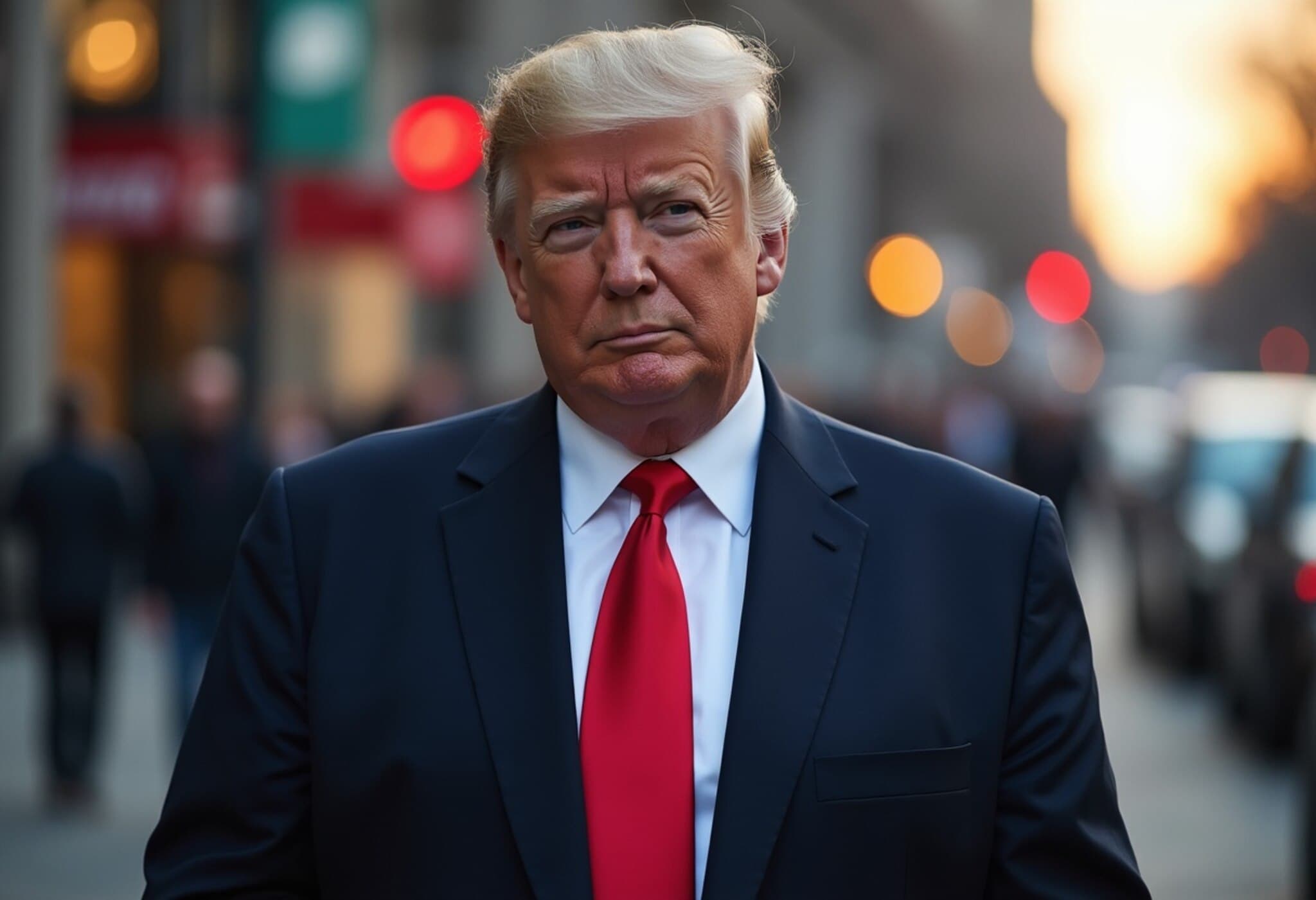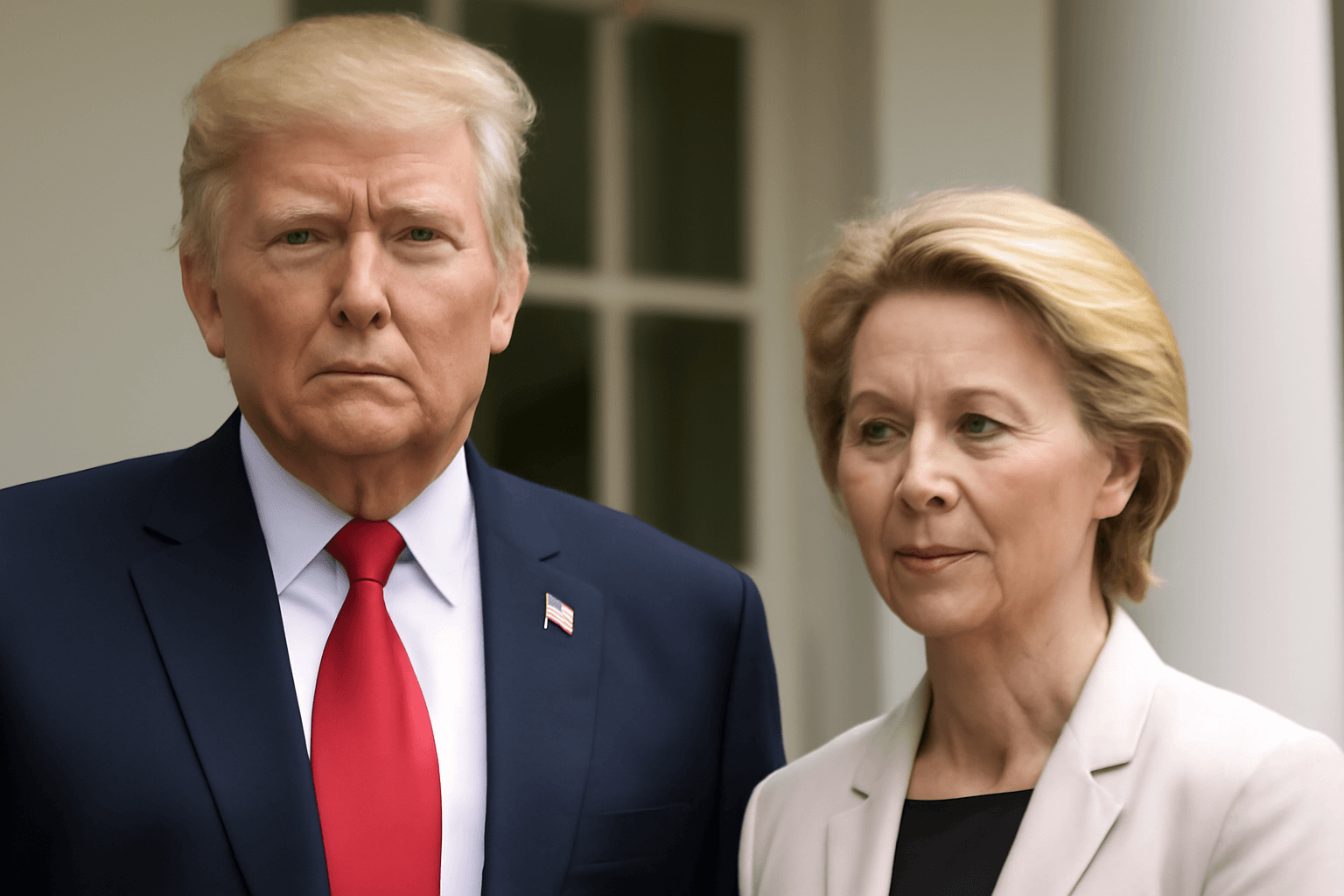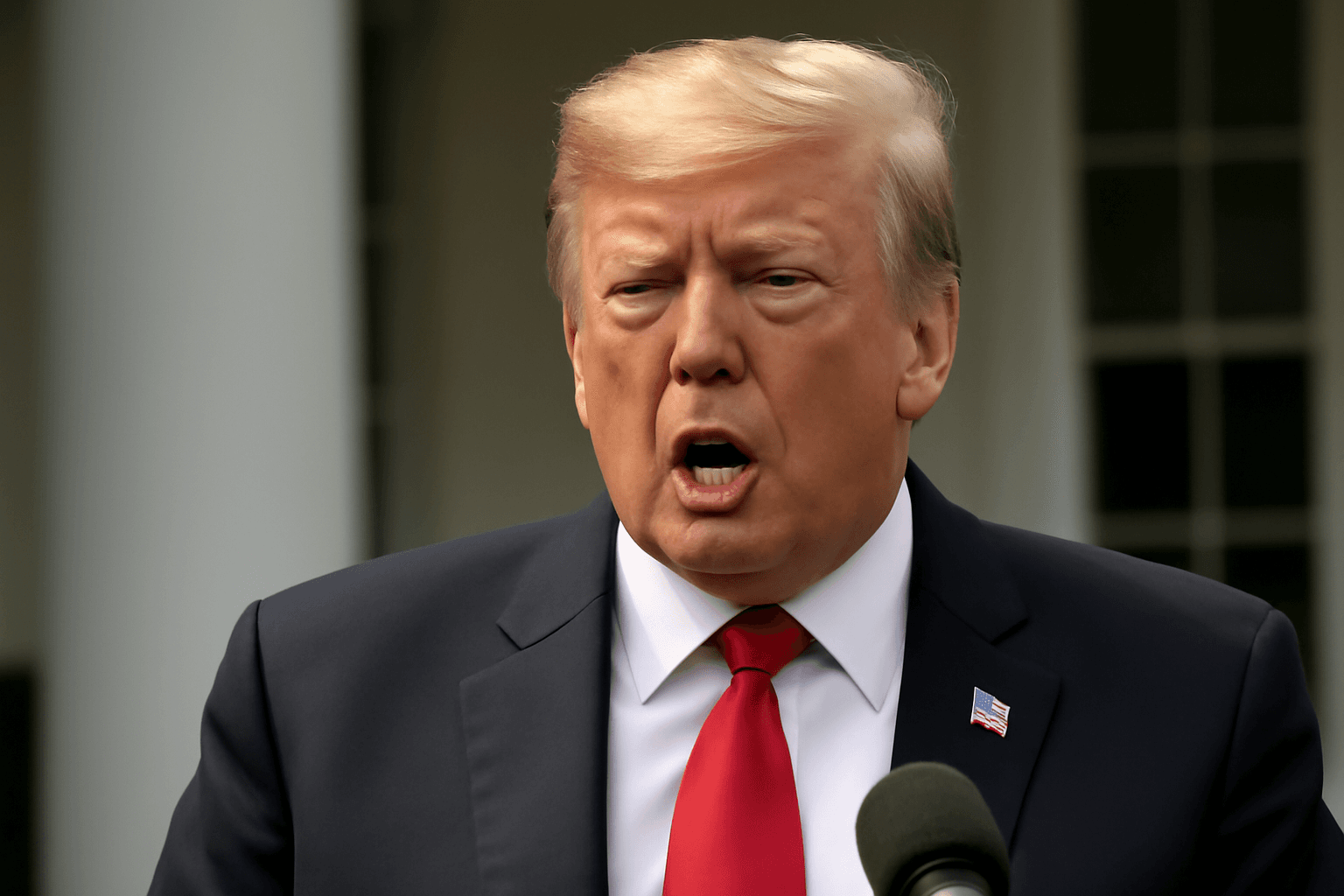Former U.S. President Donald Trump firmly rejected accusations that he retreats on tariff threats, dismissing the criticism as a misunderstanding of his negotiation tactics. During a press interaction, Trump responded to the term "TACO" (Trump Always Chickens Out), coined by Financial Times columnist Robert Armstrong, which suggests he backs down after making steep tariff announcements.
Trump clarified that his approach is a deliberate negotiation strategy. "You call that chickening out? It’s called negotiation," he stated, explaining that he sets exceedingly high tariffs initially and then modestly reduces them to reach agreements. For example, Trump pointed to his initial proposal of a 145% tariff on Chinese products that was later lowered to 30% during a 90-day negotiation period. Similarly, after threatening a 50% tariff on European Union imports beginning in June, he postponed the hike to July 9 while maintaining a baseline 10% tariff amid ongoing discussions.
These tariff maneuvers have been a signature feature of Trump's trade policy, affecting various sectors including automobiles and electronics. Each announcement typically unsettled financial markets temporarily, with indices like the S&P 500 responding with declines followed by recovery once tariff reductions were announced. Despite skepticism among economists and volatility in markets, Trump claimed his tactics have bolstered U.S. investments, citing $14 trillion in new investments—though this figure lacks comprehensive official verification.
Trump also expressed frustration with the framing of his approach, describing the "chickening out" label as an unfair characterization. He attributed the EU's willingness to negotiate to his firm stance, noting he often faces the opposite challenge of being perceived as too tough in talks.



